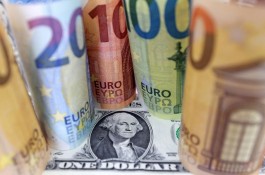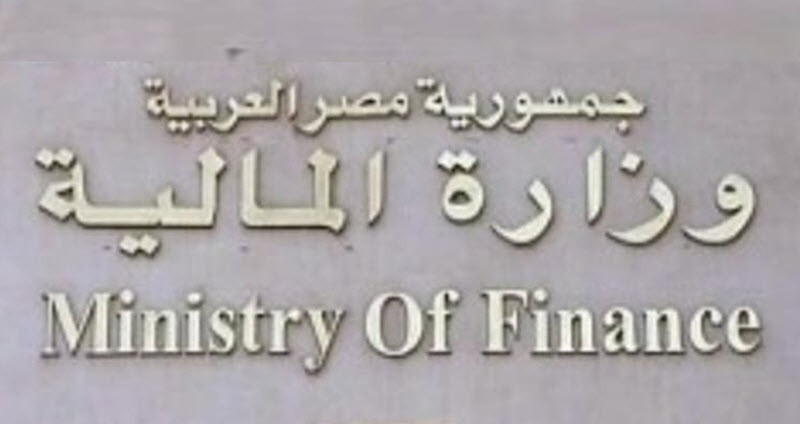The Egyptian budget deficit rose to 236.7 billion pounds, equivalent to about 3.8% of GDP in the six-month period ending December 31, 2019, compared to about 186.7 billion. Pounds, equivalent to about 3.6% of GDP, during the same period in the previous fiscal year.
According to Arabia Net, the semi-annual report of the Egyptian Ministry of Finance showed that the state's revenues amounted to about 390.1 billion pounds, compared to 388.3 billion pounds during the first half of the fiscal year 2018/2019, recording a slight increase of about 1.8 billion pounds, an increase of about 0.46%. < / p>
The initial deficit reached about 30.5 billion pounds, equivalent to about 0.05% of the gross domestic product during the first six months of the fiscal year 2019/2020, before interest payments. The budget project for the current fiscal year aims to reduce the total deficit to a level of 7.2% of GDP, according to data from the Ministry of Finance.
The data indicated that the expenses item in the public budget increased by 8.4% on an annual basis to reach 621.7 billion pounds, compared to about 573.3 billion pounds, an increase of about 48.4 billion pounds.
This was driven by the increase in the interest bill to 267.2 billion pounds, which represents about 43% of the total expenses, compared to about 207.5 billion pounds during the same period last year, an increase of about 59.7 billion pounds.
The report pointed to an increase in spending on health by about 20%, with an increase in allocations for spending on education by 14%, and also a rise in the total provisions for subsidizing food supplies by about 3.3%, in addition to an increase in allocations for health insurance program by 29.3%.
The data indicated that public spending on energy subsidies decreased by 67% during the six-month period to reach 9.88 billion pounds, compared to 30.17 billion pounds in the first half of the fiscal year 2018/2019. It indicated that increased spending on health and education came at the expense of reducing spending On power support.
Last July, the Egyptian government decided to increase fuel prices by 16 to 30 percent, in the context of the latest round of lifting fuel subsidies, and also raised electricity prices by an average of 15 percent at the beginning of the current fiscal year.
Reducing fuel and electricity subsidies was one of the most important conditions set by the International Monetary Fund in exchange for Egypt obtaining the $ 12 billion loan from the International Monetary Fund, as part of the economic reform program.










































